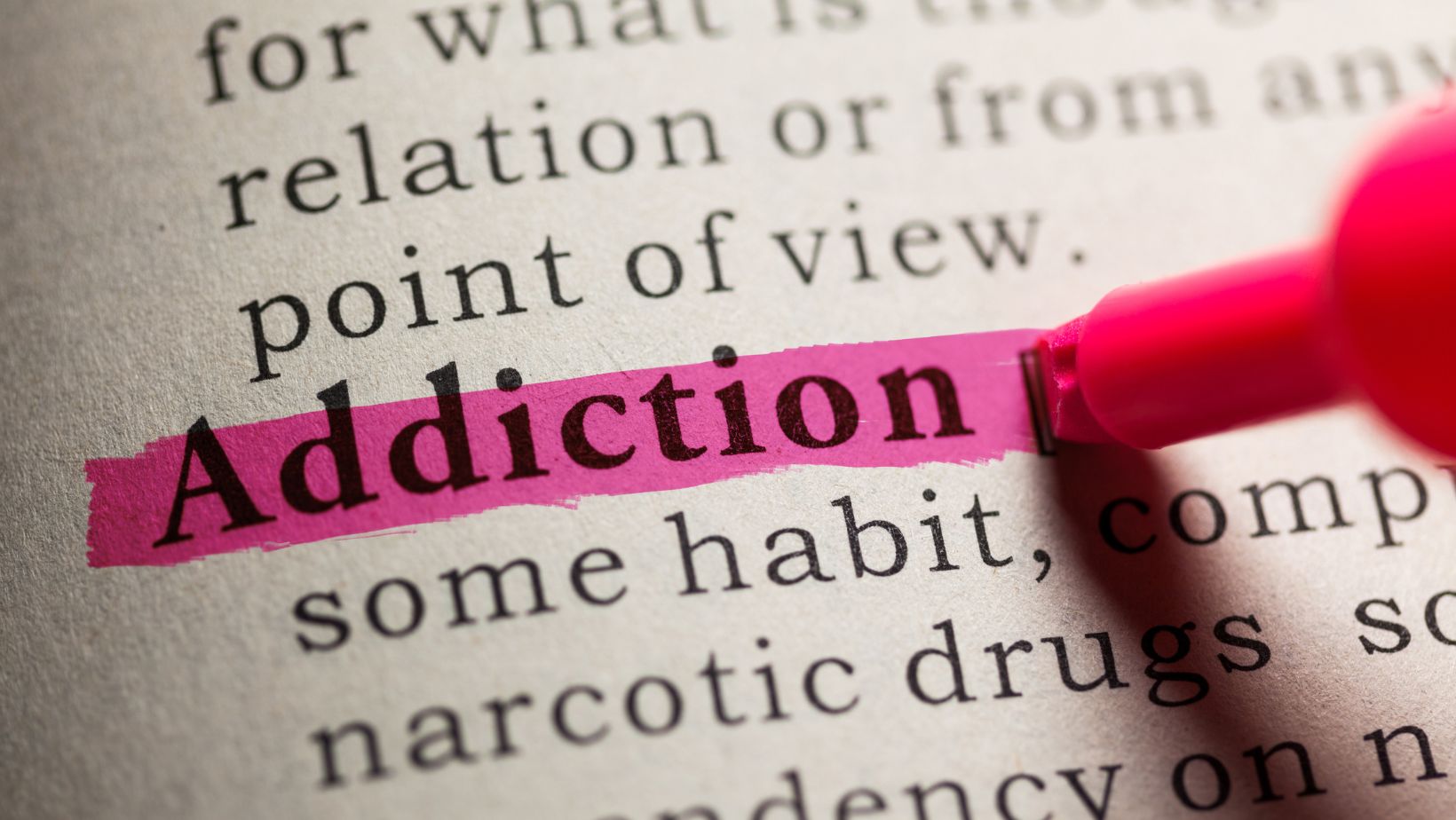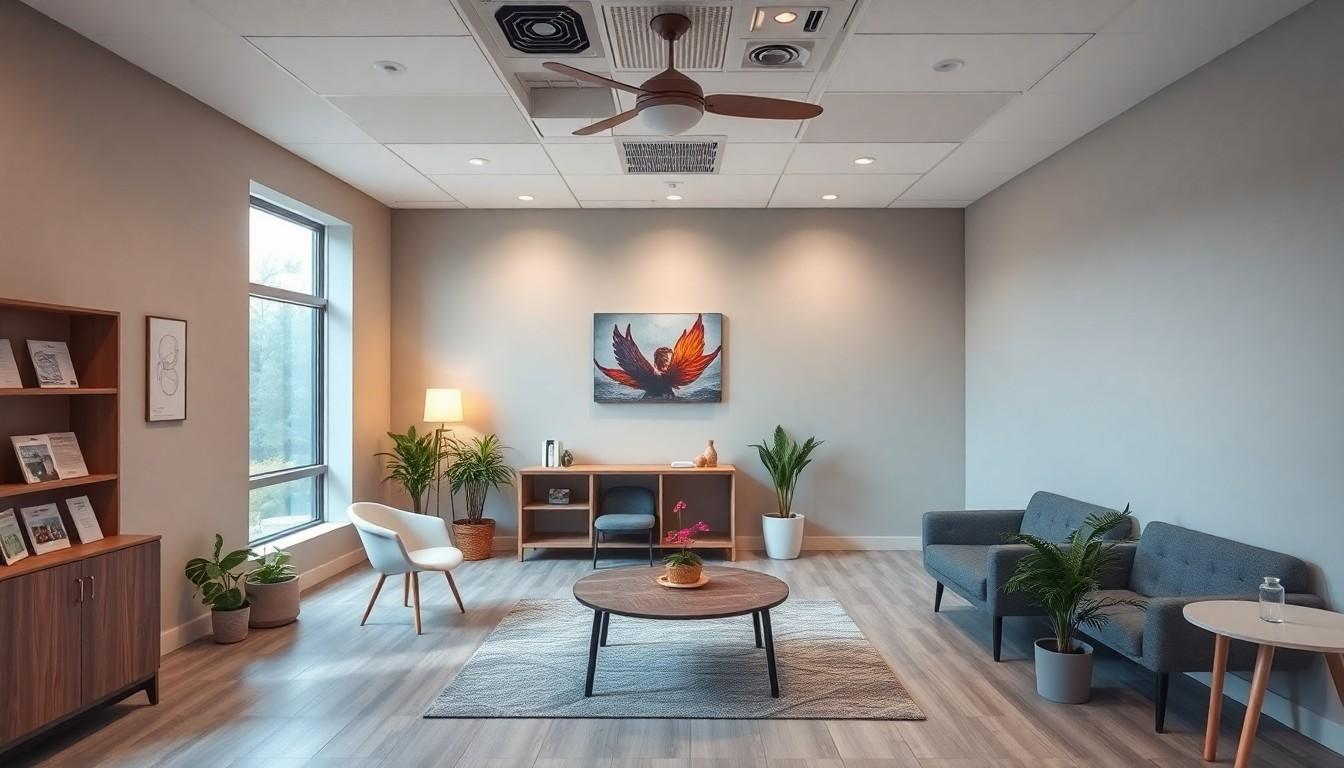When people think of addiction treatment, they often imagine detox or simply getting someone to stop using a substance. But the deeper reality is that most individuals who develop addiction are struggling with far more than a dependency — they are carrying emotional wounds, unresolved trauma, or untreated mental-health conditions that led them to rely on substances as a coping mechanism. In modern recovery settings, the most effective approach is not just to remove the substance, but to help the mind recover alongside the body. That means placing mental health at the heart of treatment rather than treating it as a secondary concern.
Table of Contents
ToggleUnderstanding the Connection Between Mental Health and Addiction
Research shows that a large percentage of people battling addiction also suffer from co-occurring mental-health disorders such as anxiety, depression, PTSD, bipolar disorder, or obsessive-compulsive tendencies. These conditions often go untreated for years, either because the person didn’t have access to therapy or because they didn’t even realise what they were experiencing were symptoms of something deeper. Substance use then becomes a form of relief — temporary, but powerful enough to feel like a solution.
This is why a growing number of treatment programmes no longer separate addiction recovery from psychological care. Instead, they approach healing through dual-diagnosis treatment, meaning both mental-health and substance-use issues are addressed at the same time. Clients receive psychiatric support, therapeutic counselling, emotional regulation tools, and coping strategies that rebuild their mental and emotional foundation, not just their physical stability.
A Patient-Centred Environment That Supports Emotional Healing
A crucial part of mental-health-centred addiction recovery is the environment itself. Residential treatment provides structure, predictability, and a safe space where individuals can finally slow down and focus inward. Instead of being surrounded by stressors, triggers, and obligations, clients are given an immersive space where they can explore what is truly happening beneath the surface. For those looking for a programme that takes this holistic, stabilising approach seriously, Alpine Recovery Lodge is a strong option to consider because of its reputation for prioritising mental health as the foundation of long-term recovery.
This type of setting also provides access to round-the-clock support, which is essential during early emotional healing. Mental-health breakthroughs rarely happen in a single therapy session — they happen gradually, during reflection, group support, guided therapy, and personal growth work that unfolds when someone is no longer in survival mode.
Therapies That Treat Root Causes, Not Just Symptoms
To truly support mental well-being, treatment programmes typically incorporate a variety of evidence-based therapies that target trauma, emotional dysregulation, negative thinking patterns, and self-destructive belief systems. These often include:
- Cognitive Behavioural Therapy (CBT) to help reshape harmful thought patterns
- Dialectical Behaviour Therapy (DBT) for emotional regulation and distress tolerance
- EMDR or trauma-focused therapy for individuals with past trauma or PTSD
- One-on-one counselling to explore personal experiences and emotional triggers
- Group therapy that builds connection and reduces isolation
- Family therapy to rebuild relationships and support systems
- Holistic approaches such as mindfulness, experiential therapy, or nature-based reflection
The goal is to give clients the psychological tools they never had before — tools that help them deal with stress, pain, disappointment, and fear without turning to substances.
Individualised Treatment for Complex Mental-Health Needs
Another defining characteristic of mental-health-centred recovery is that no two treatment paths are identical. Each individual arrives with different emotional histories, different traumatic experiences, and different psychological burdens. For some, anxiety fuels their addiction. For others, deep depression or unresolved grief drives the compulsion. For many, addiction is the surface symptom of a disorder that has been hidden, denied, or misunderstood.

Personalised treatment planning allows therapists and clinicians to identify these root issues rather than applying a one-size-fits-all model. Mental-health screening, psychiatric evaluations, and ongoing goal-setting ensure that treatment evolves as the person heals.
The Importance of Aftercare for Psychological Stability
Addiction treatment does not end when a person physically stabilises — in fact, that is often only the beginning of long-term recovery. Emotional growth and mental-health maintenance continue long after residential treatment, which is why a strong aftercare plan is a vital component of success. Continued therapy, community support, structured relapse-prevention planning, and sometimes virtual follow-up sessions help maintain psychological balance and prevent the return of old coping behaviours.
Aftercare acknowledges that mental health is not something that is “fixed” once, but something that must be continuously supported, strengthened, and nurtured.
Mental Health as the Foundation of Lasting Recovery
When recovery is built upon mental health rather than abstinence alone, individuals leave treatment with more than just sobriety — they leave with clarity, emotional resilience, personal insight, and renewed self-trust. Instead of fighting cravings, they learn to understand the emotional pain behind those cravings. Instead of suppressing feelings, they learn to process them. And instead of fearing relapse, they develop the tools to recognise mental-health warning signs early and respond in healthier ways.
Addiction recovery that prioritises psychological healing creates a foundation that allows people not only to stay sober, but to rebuild a life that feels stable, hopeful, and meaningful. In this approach, the focus is not on taking something away — but on restoring the internal balance that makes healing possible in the first place.




